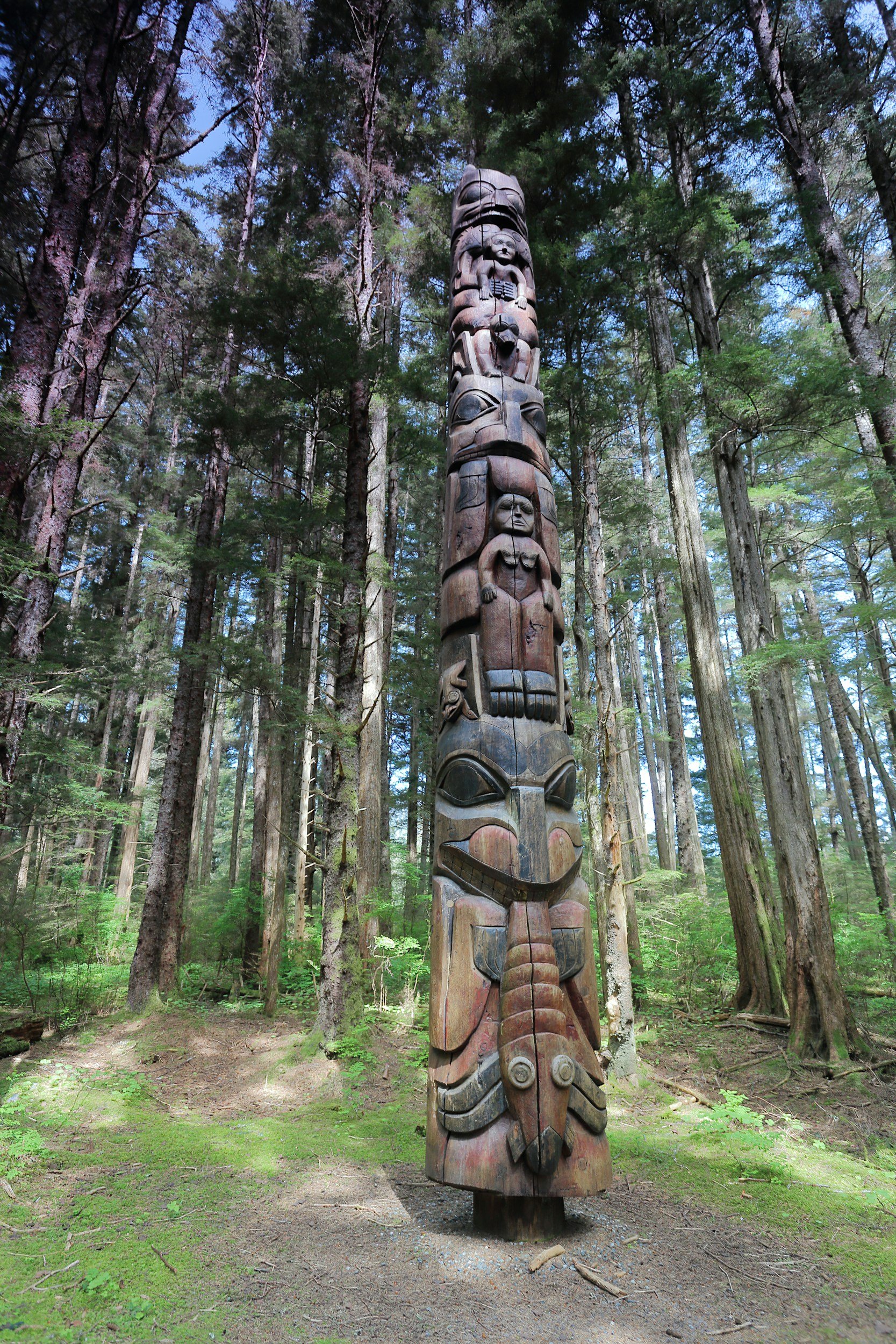Ezumezu Mmuo: Over 12 Major Spirit Guides & Their Sacred Roles in Igbo Spirituality
In Igbo spirituality, the concept of Ezumezu Mmuo encompasses a vast array of spirit guides that play integral roles in an individual's life journey. From the moment of birth, these spiritual guardians, collectively known as Ezumezu Mmuo or Ora Mmuo or Oha Mmuo, guide, protect, and influence every aspect of one's existence. The role they play in the life of an individual is important, especially because in Odinani, prayers or invocations are normally addressed to these forces.
Let's begin by listing and uncovering the diverse spirits that makes up each person's spiritual entourage in Odinani
Major Spirit Guides in Igbo Spirituality, in no particular order:
Chi: Chi in Igbo spirituality is the personal life force or guardian spirit that guides an individual throughout their life journey. At the core of each person’s ezumezu mmuo is their Chi, which can also be represented through both the market day a person is born on (e.g Eke, Orie, Afo, Nkwo) and their Onye Uwa (Reincarnator). In Odinani, Chi serves as each person’s primary guardian and guide.
Agwu: Another essential spirit guide is Agwu, which is the cosmic force that embodies ancestral wisdom and healing energies. Agwu is also the force responsible for imparting spiritual gifts or genius on each person. It provides spiritual protection and guidance, ensuring the well-being and vitality of each person is in good standing when it is in proper alignment with their Chi.
Aja Ani: Each persons connection to their motherland, Aja ani, roots them to their ancestral lineage and cultural heritage. In Odinani, Aja ani serves as an independent force, acting as a representative of Ani—the great earth goddess in a persons life, offering spiritual guidance and support as the individual navigates life's challenges.
Mmiri: The water of origin, Mmiri, serves as a spirit guide, representing each person’s connection to the water body in their homeland or nearby. As part of one’s ezumezu mmuo, it is believed to be a point of origin where each person’s spirit or soul emerges from when traveling into this world. It also acts as a representative of Nne Mmiri—the great mother of all water bodies, in an individuals life. It symbolizes purity, renewal, and spiritual cleansing.
Anyanwu: Representing the sun, Anyanwu radiates light, warmth, and vitality. As a spirit guide, Anyanwu instills courage, confidence, and clarity, illuminating ones path with divine wisdom and cosmic enlightenment. It also serves as a spiritual portal and message carrier, belived to help believers carry their messages through its light waves from this world into other realms.
Ikuku: The wind spirit, Ikuku, embodies freedom, movement, and change. It carries and brings messages of guidance and inspiration, guiding each person towards their true purpose and destiny. Ikuku ama na onya. Wind that does not blow in vain.
Izu Ano Mbosi Ano: The four market days governing Igbo land, Eke-Orie-Afo-Nkwo, represent the cyclical nature of time and seasons. They also serve as spirit guides, offering insights into the rhythm of life and the importance of embracing change and adaptation amongs other things.
Alusi: The deities in one’s family and hometown, known as Alusi, by ancestral covenant serve as intermediaries between the earthly realm and the divine for that person. They bestow blessings, protection, and abundance upon their devotees, ensuring harmony and prosperity in the individuals life when they are acknowledged.
Ndi Ichie: Ascended ancestors, Ndi Ichie, guide and bless their descendants, offering wisdom, guidance, and ancestral blessings from the spirit world. They are key members of an individual’s spiritual guardians and they play their roles as mediators when revered.
Umuada: The collective spirits of the daughters of the community, Umuada, embody feminine energy, nurturing, and community support. They protect and empower children of the land (especially women), ensuring their well-being and prosperity when called upon.
Ndi Mmiri: Including Di Mmiri (spirit spouse), the spirits of the water, offer healing, purification, and spiritual rejuvenation. They cleanse and purify the spirit, making room for spiritual growth and transformation. They also offer protection and make it their business to grant certain desires according to their capabilities when they are reverred.
Animanu Mmuo: Spirit animals, known as Animanu Mmuo, symbolize intuition, instinct, and primal wisdom. In Igbo culture, each community (and sometimes family) has animals that they revere or totemize. Those animals guide and protect their human counterparts, offering insights and guidance from the (super)natural world in their roles as spirit guides.
Osisi Mmuo: Nature trees and plants, known as Osisi Mmuo, embody the essence of the earth and the divine. They also serve as spirit guides for communities, families and individual’s. They provide grounding, stability, and connection to the natural world, guiding each person towards harmony and balance.
Ndi Ogbanje, Ndi Otu, and More: A myriad of other spirit guides, including Ndi Ogbanje and Ndi Otu, which are kin spirits that are believed to have accompanied a spirit or soul into this world, serve as members of one’s Ezumezu Mmuo. Each spirit plays a unique role in shaping and influencing an individual's life journey.
When one is aligned with their higher self, their Ezumezu Mmuo acts swiftly and effectively on their behalf, guiding them towards their highest potential and purpose. By surrendering to the wisdom and guidance of spirit guides, each person can navigate life's challenges with grace and resilience, knowing that they are supported and protected by their spiritual guardians.
It is important to note that in Odinani, as much as the concept of ‘Ezumezu’ represents the essence of the collective as a whole, there are still distinctions that exist. Each cohort of spirit that serve as spirit guides can still be categorized into those that emerge from the maternal (Ikwu Nne) or paternal side (Ikwu Nna) of a person’s family.
Roles Spiritual Guides Play as a Collective:
Ancestral Guardians: They act as ancestral guardians who watch over and guide their descendants. Some of them who are revered ancestors e.g Ndi Ichei, Umuada, Animanu & Osisi Mmuo, serve as custodians of family lineage, offering spiritual assistance and blessings to their living relatives.
Divine Counselors: Spirit guides in Igbo spirituality are viewed as divine counselors who impart wisdom and insight to those who honor them. Through dreams, visions, and intuitive nudges, they can communicate messages of guidance and encouragement to their earthly counterparts.
Cultural Reverence: The veneration of spirit guides is deeply ingrained in Igbo culture, where rituals and ceremonies are conducted to honor and appease these benevolent entities. Offerings of food, libations, and prayers are made to express gratitude and seek their continued protection.
Personal Guardians: Beyond ancestral connections, individuals may also have personal spirit guides who accompany them throughout life's journey. These guides are believed to offer personalized support, helping each person navigate challenges and fulfill their spiritual destinies.
Manifestations of Nature: Spirit guides in Igbo spirituality are often associated with manifestations of nature, such as animals, plants, or natural phenomena. These symbolic representations serve as conduits for spiritual energy and are revered as sacred messengers of the divine.
Spiritual Transformation: The relationship between each person and their spirit guides is dynamic, evolving as they progress along their spiritual path. Through introspection, meditation, and ritual practices, each person can deepen their connection with their guides, leading to profound spiritual transformation.
Guardians of Tradition & Innovation: Spirit guides play a pivotal role in preserving and perpetuating Igbo traditions and cultural values, as well as inspiring evolution and development in those same traditions and cultural values. They serve as guardians of indigenous knowledge, passing down ancestral wisdom and teachings to future generations.
Healers & Protectors: In times of illness or adversity, spirit guides are called upon for healing and protection. Rituals involving herbal remedies, chants, and invocations are performed to invoke their aid in restoring balance and harmony to the individual's life.
Intercessors with the Divine: Spirit guides act as intermediaries between the earthly realm and the realm of the divine, bridging the gap between humanity and the spiritual realm. Through their intercession, prayers and offerings are conveyed to the divine, enabling divine favor and blessings.
Universal Guidance: While rooted in Igbo spirituality, the concept of Ezumezu Mmuo transcends cultural boundaries, resonating with the universal human experience of seeking guidance and connection with higher realms of consciousness.
In conclusion, by honoring and acknowledging the presence of these spirit guides in our lives, we can cultivate a deeper sense of connection, purpose, and harmony with the divine. As we honor and cultivate our connection with our spirit guides, may we embrace the wisdom, guidance, and blessings they offer, leading us on a path of spiritual fulfillment and enlightenment.
Recommended Resources:
Spiritual Guides vs Shape-Shifting | Dibia Nwangwu Uchendu (Blog)
Spirit Guides In Igbo Spirituality | Dibia Nwangwu Uchendu (Blog)










